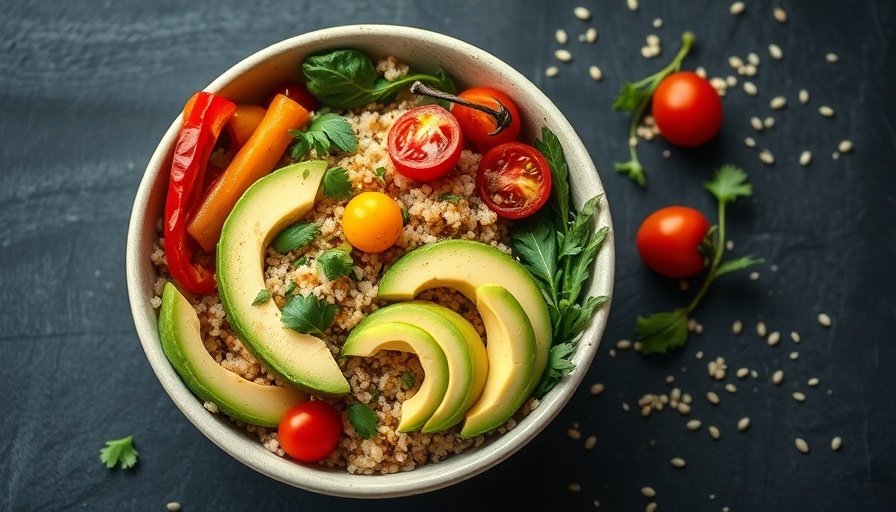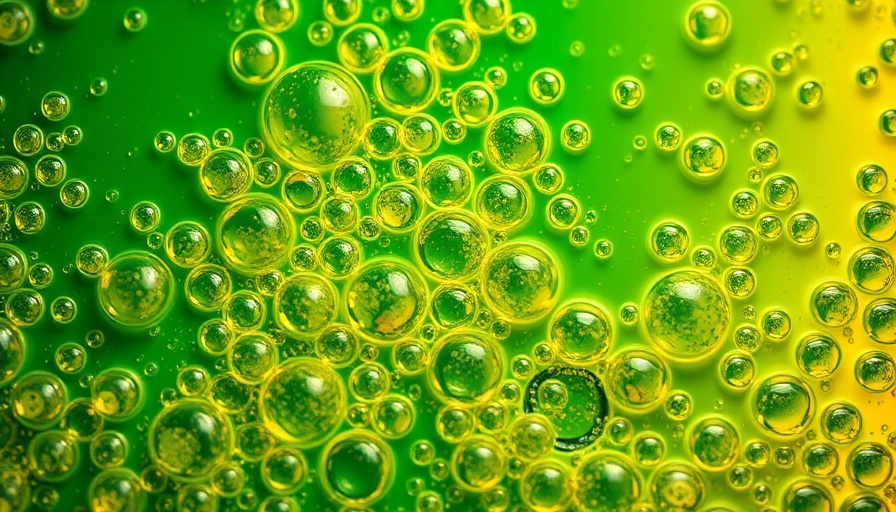
Nourishing the Gut: How Food Choices Affect Crohn’s Disease
Crohns disease (CD) is challenging, and recent research is shedding light on how a plant-based diet can be a game-changer. Emerging evidence suggests that adopting a diet rich in whole foods may lead to better health outcomes than traditional medications. This new approach highlights the importance of diet in managing inflammatory bowel diseases (IBD), including Crohn's disease.
Fiber vs Fat: What Does the Research Show?
Studies indicate that dietary fiber can reduce the risk of IBD, while high-fat diets and animal proteins exacerbate the condition. This insight is crucial for understanding the increasing prevalence of Crohn's disease, a trend thought to be linked to modern lifestyles and diets. Add to this that patients are often advised against smoking as one preventive measure, yet little emphasis has been placed on dietary interventions.
A Case Study: Food as Medicine
Consider the story of a 25-year-old man who turned his fortunes around after switching to a whole food, plant-based diet. Initially, he struggled despite on a standard treatment plan involving infliximab, a costly medication that can have severe side effects. After eliminating animal products and processed foods, he achieved complete remission of his symptoms. This transformation underscores the potential power of plant-based nutrition in managing Crohn's disease.
The Core of the Anti-Inflammatory Diet
A diet filled with whole grains, legumes, fruits, and vegetables has long been associated with reducing various chronic conditions, including heart disease and obesity. The compelling aspect of this phenomenon is that a similar dietary strategy may significantly aid Crohn’s disease management. Some pilot studies show positive outcomes with patients adhering to a semi-vegetarian diet, indicating that diet modifications could be key to achieving long-term remission.
Motivating Change: The Path Forward
More than just choices on what's for dinner, the findings here invite many to reconsider their approach to health and wellness. If a plant-based diet can help in managing Crohn’s and possibly prevent other life-altering conditions, it motivates discussions on dietary education among young people dealing with these chronic diseases. This dialogue could establish a foundation for future dietary habits, changing how our communities view food and health together.
 Add Row
Add Row  Add
Add 




Write A Comment